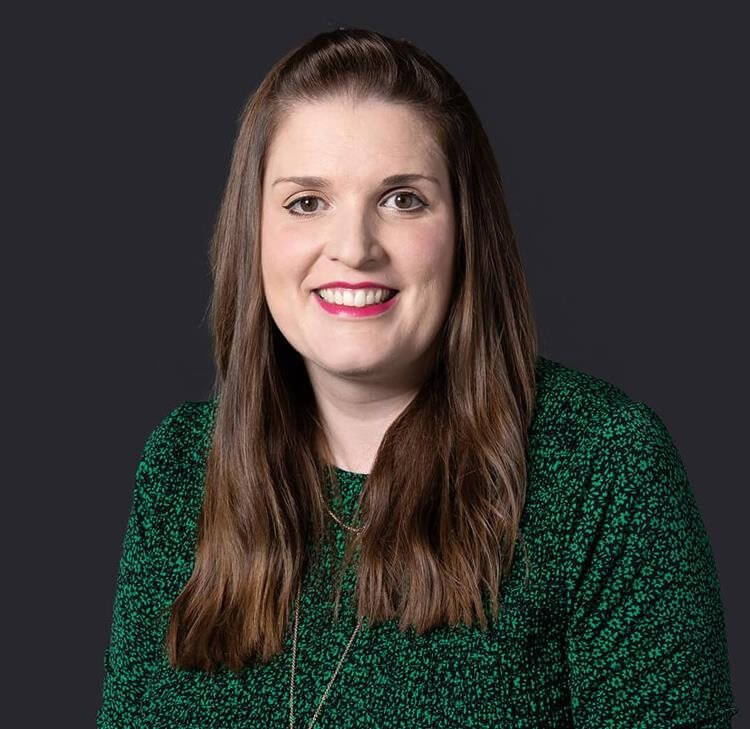Extension to exemption from Tier 2 visa salary threshold for STEM and Mandarin teachers
The Government has announced that the current exemption from the £30,000 minimum salary threshold for Tier 2 (General) sponsored workers in a number of public service professions has been extended.
The Government has announced that the current exemption from the £30,000 minimum salary threshold for Tier 2 (General) sponsored workers in a number of public service professions has been extended. This includes secondary teachers for STEM subjects (maths, physics, chemistry and computer science) and Mandarin.
Originally intended to end on 1 July 2019, the extension will be in place until the proposed new immigration system is implemented in January 2021, following which a salary threshold of £30,000 per annum is currently due to be introduced across the board. Therefore, during this period, any eligible non-EEA STEM and Mandarin teachers will only need to meet the lower salary threshold of £20,800 per annum. Schools may wish to think about recruiting into these areas whilst the exemption continues to apply.
It is positive that the difficulties in attracting teachers to these shortage subjects continues to be recognised. However, in practice, the shortage and struggle to recruit in the education sector extends beyond these subject areas. For those subjects where the £30,000 salary threshold will apply, including for primary teachers, this means a salary equivalent of at least M5 outside of London.
As it stands, there are currently no exemptions for the education sector to the proposed new immigration system which will come into play in 2021. The Government has committed to consult with stakeholders on the proposed £30,000 salary threshold. We would encourage schools to engage in meaningful consultation and would welcome any views which we can feedback on your behalf during this process.



































